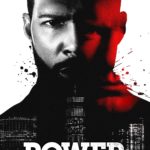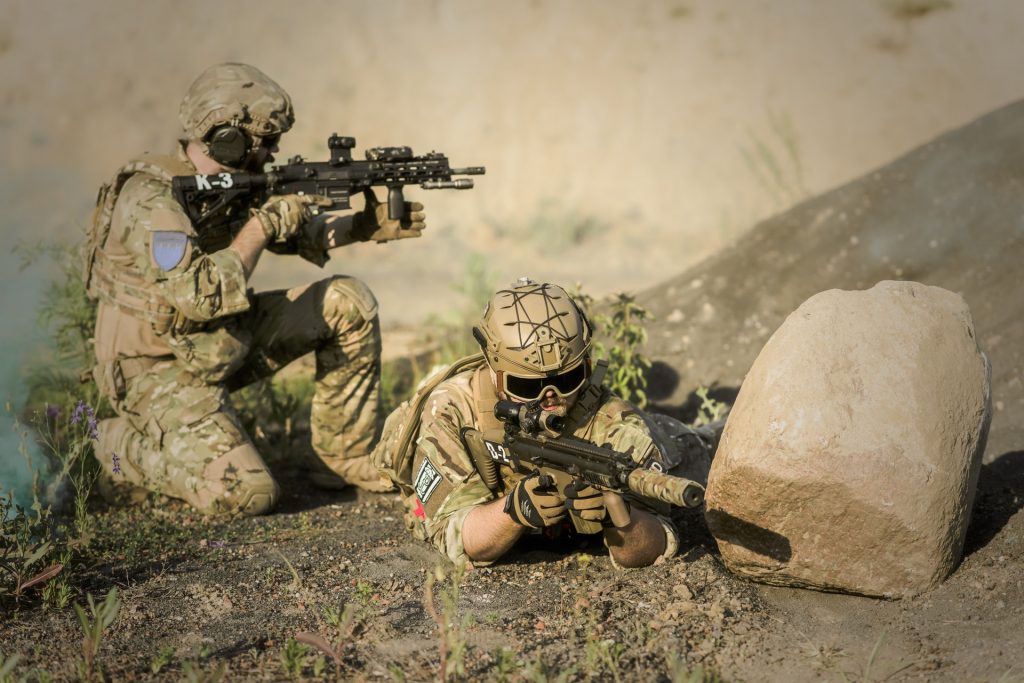
Strike Back - Chris Ryan - Season 1 - 5
In a post 9/11 world Section 20 strikes foreign targets in a bid to stop threats to the UK and its allies. It’s just a bit sad that it took them three seasons to really hit their stride. Season four was the best, a mix of action and comedy. Great characters and interesting plot.
Section 20 are a deniable military force run out of the home office in the UK. This story follows their fight against threats to the UK and the world.
This is a really interesting and unexplored idea for me. I feel that we generally see this story told from the point of view of the brass back in Whitehall and rarely get to see the it play out from the soldier’s perspective.
Great Episodic Narrative
The storytelling is generally fantastic on at the meta level. Each season follows an overall plot, generally perpetrated by a main villain. Each episode follows a single part of the story but fits neatly into the meta plot.
This allows us to get to know all the characters on a deeper level as less time needs to be spent focusing on the plot in each episode. In turn it doesn’t detract from the narrative because it is all part of the seasons meta plot
The investment in the characters is also true for the story. They are interesting and thought provoking. Each season poses what if scenarios that are allowed to play out. Playing in this space is very fun for writers and you can tell this as it shines through on the screen.
Buddy Series
After the first season the show changes quite dramatically. For the first season it has been a one man show. John Porter, Richard Armitage (The Hobbit & Spooks), carries the season on his ample shoulders.
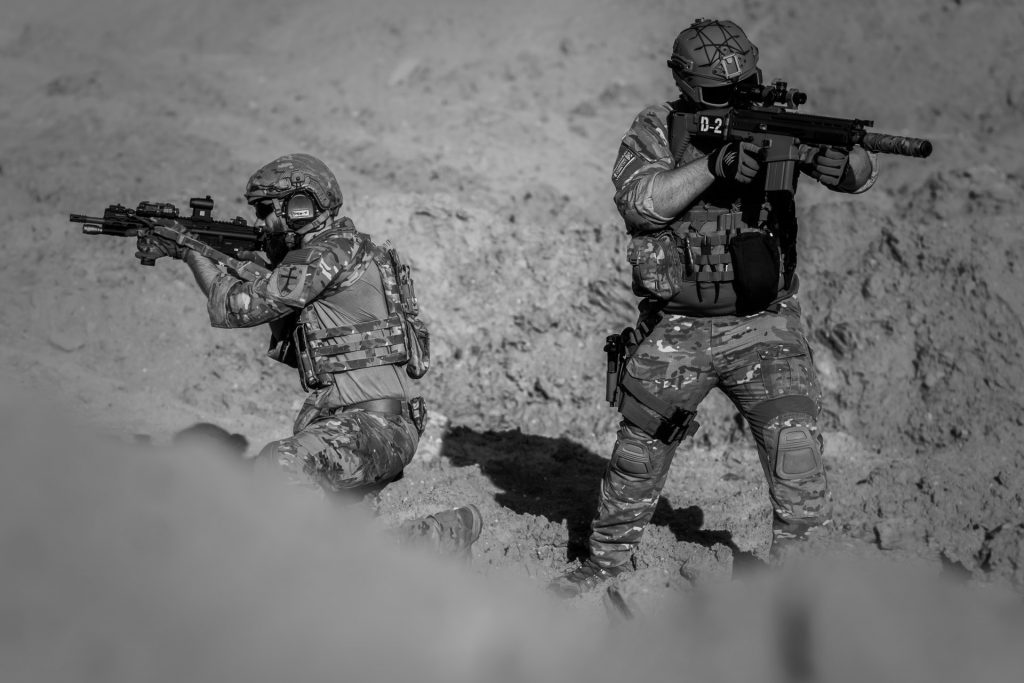
From then onwards it becomes a buddy series. Sgt. Michael Stonebridge, Phillip Winchester (Crusoe & Chicago Justice), plays a straight laced SAS officer who plays by-the-book. Sgt. Damien Scott, Sullivan Stapleton (Animal Kingdom & 300: Rise of an Empire), plays a wise-cracking, philandering Yank.
They make a great team, each playing off each other’s strengths. The tension between the two is also very good. They have their differences but also have each other’s back when it matters.
Big Names in the Supporting Roles
There are some big names throughout this series. Because of the structure of the narrative they are given a lot of opportunity to really sink their teeth into their roles.
Conrad Knox, Charles Dance (Game of Thrones & The Imitation Game), is the main villain in season three – Vengeance. He plays the charismatic South African billionaire who is trying to change the face of the political landscape in Africa.
Li-Na, Michelle Yeoh (Crouching Tiger, Hidden Dragon & Star Trek: Discovery), is the lead of North Korea’s Section 39. She is a ruthless and effective killer. Michelle nails this role. Unfortunately I gave up on the show before the end of her season.
Some Bad Parts
There were many mistakes and issues with the series so I’ll just list some of them here. S2 E1 – There is a gunfight at the start of the episode. It takes place in a street and the kid running away from Section 20 goes down before they fire.
S3 E1 – Up until this point Stonebridge has been the stoic reliable part of the combo. He flies completely off the rails and puts a bullet in Jake Hanson’s head after Jake himself loses his mind and murders his squad. Then Stonebridge runs to his side to check his vitals. Come on, you know he’s dead.
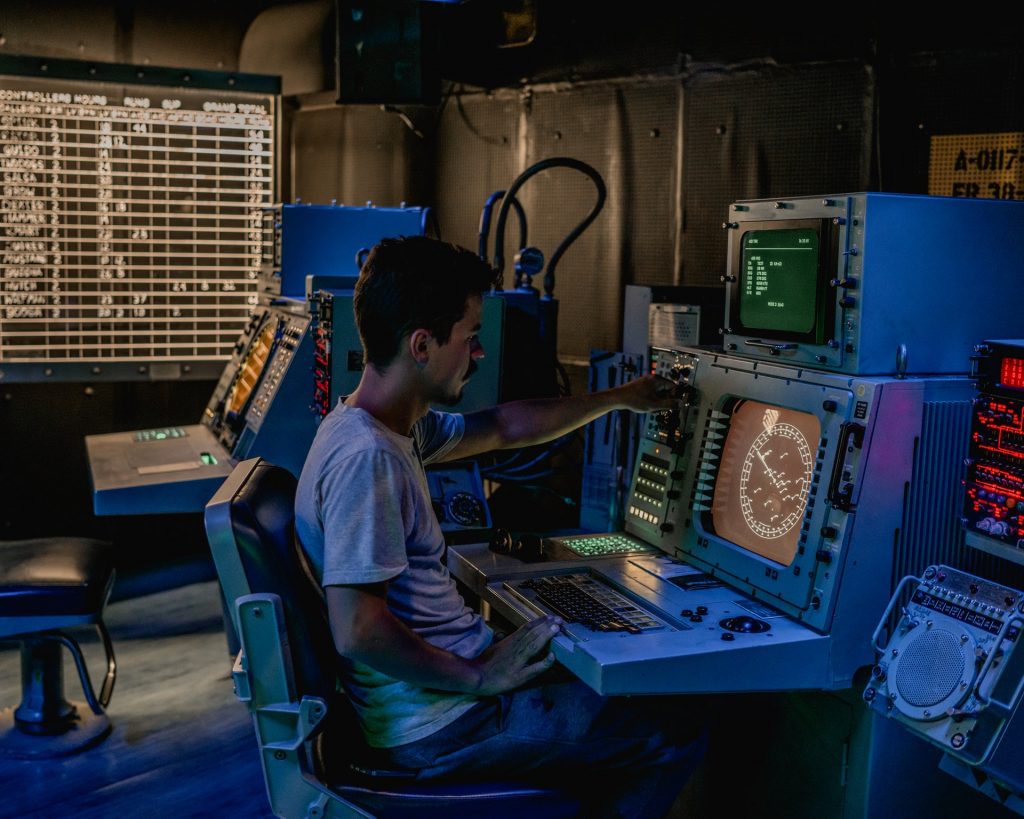
Photo by Lucas Fonseca from Pexels
S4 E2 – Rebecca is shot in the head and yet is still able to move and talk. The scene is quite good apart from the particular injury that would have made her continued role in it impossible.
Perhaps the issue is a lack of understanding of how debilitating head wounds are.
Some Worse Parts
S3 E3 – There is a fight in a hotel and three grenades go off. There is a market happening outside and everyone here would have clearly heard the explosions, but they go about their business as if nothing has happened.
In season two there is part of the meta plot of a secretive operation called Trojan Horse which is the main villain’s motivation. We only start seeing reference to this towards the end of the season. It is buried too deep for us to understand it. Essentially the entire last episode is one big reveal which we couldn’t have see coming.
Season two ends with the death of the section chief. We are supposed to care and feel for her sacrifice. But this is just not possible. First, she has been utterly unbearable for the leads the entire season. Fine, but you cannot expect us to take a complete one-eighty. Second, the reason that she sacrificed herself was to stop Operation Trojan leaking – an operation that we had no idea about until moments before.
Glaring Plot Holes
S2 E6 – A doctor working with Doctors Without borders, or another similar group, is treating people at a hospital under guard of the UN. As night approaches they are told they have to leave.
This appears to be a daily routine and she must have some understanding of the threat that she puts everyone in by refusing to leave when an injured lady arrives. Her naivety gets everyone killed. It was also key for her to be captured – but that doesn’t excuse the terrible writing.
S2 E8 – People working as organ harvesters see their boss murdered and continue working. Everyone up to this point has been a captive working at gun point. Why don’t they immediately try to escape? Perhaps the perks are just really good as an organ harvester in eastern Europe?
We made it to Season 5. We don't have to worry about the Plot now right?
In the first episode Section 20 get a tracking device onto their target’s car – the idea to follow him to where he is holding a kidnap victim and perhaps whomever is running him. But they don’t pull back at this point – they keep following. It proves important for them to be there so why did they need the tracker at all?
In the third episode it gets even more ludicrous. After an attack on their new safe house Julia learns the surname of one of the attackers and finds out the city he is from. From this information she determines that he is Yakuza AND that the Yakuza are working with Section 39. Seems a little farfetched to me but it gets better.
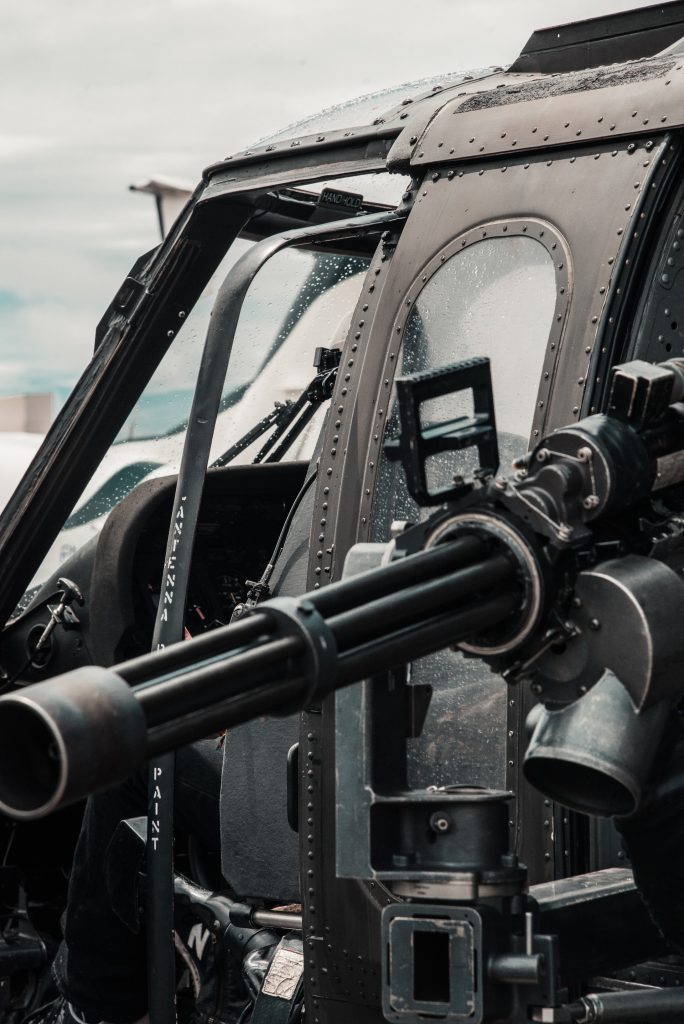
Photo by Cristian Benavides from Pexels
Stonebridge then walks into the room and says that they think we killed their boss. Presumably he learnt this from the Yakuza he was just fighting. Surely it would have been good to show us this part of the fight rather than cutting away right before it happened.
Also isn’t this contradictory to what Julia has just discovered? It would be a huge coincidence if the Yakuza were after vengeance as well as being in league with Section 39. And that is exactly what happens, even if the target of their vengeance is misguided in this instance.
The End of the Show for Me
The problems and plot flaws above were wearing a bit thin for me but there were also some great bits which we will talk about in a moment.
The end of the show for me, and literally where I stopped watching, was S5 E4. They have tracked a truck of metal to a Yakuza stronghold. The metal was going to allow North Korea to have a nuclear weapon. They also know that Li-Na, head of Section 39 is here.
They begin the assault on the stronghold, as normal outnumbered at least three to one. The head of Section 20 says: “The only thing that matters is the metal.” So they fight their way until they are in sight of the truck and it is heavily defended.
Lorem ipsum dolor sit amet, consectetur adipiscing elit. Ut elit tellus, luctus nec ullamcorper mattis, pulvinar dapibus leo.
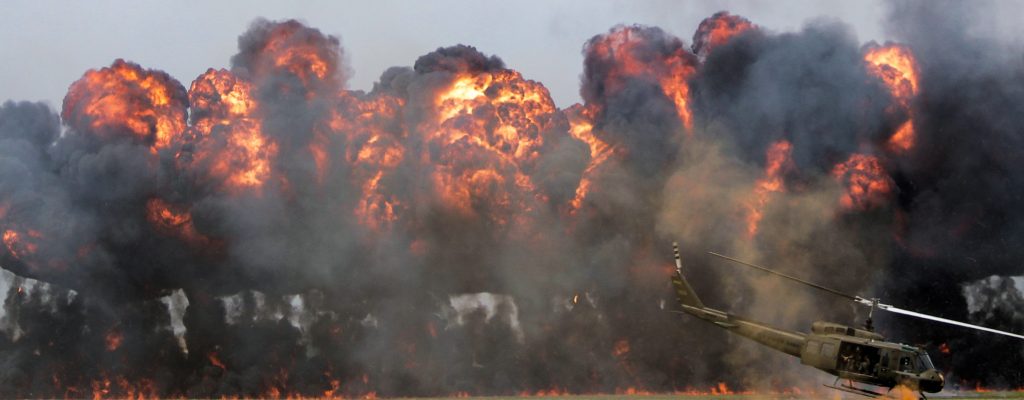
Photo by Chandler Cruttenden on Unsplash
At this point the section head orders Julia and Kim to take down the truck as he and Stonebridge go after Li-Na. So in a couple of minutes North Korea getting nuclear weapons switches from priority one two somewhere else down the list.
He has to pay a heavy price for this decision but it feels completely unbelievable that he made it in the first place.
Why did I watch Five seasons?
There is some really great stuff in this show. I think if it had just been episodic I would have been done long before season five. The meta plot spanning a season was really engaging.
The way subtitles are done in this show are awesome. With a lot of the show taking place in non-English speaking locations it was great to see them try something new and it worked. The subtitles were huge and felt more like speech bubbles from a comic.
It’s really fun. There is a great scene in S2 E2 where Section 20 storm a hotel that has been rigged with explosives. A bomb has been suspended above the centre of the floor. As it falls and everyone dives for cover. Stonebridge pelts towards it, catching it at the last second.
Other things that they did really well
The title music, Short Change Hero by The Heavy, is a banger. It sets up every episode perfectly. You cannot be anything but pumped up for them to storm in, guns-a-blazing, after hearing this track.
Generally the editing and pacing are both good. A great example of this is S3 E10. Various teams have been separated as they travel back to base from Nigerian HQ. This thoughtful editing is so fantastically handled.
S4 E9 has a portion of the episode where Stonebridge and Scott are assaulting a base while wearing night vision. They transition between first and third person. It works extremely well and lets us experience what the characters are experiencing.
Good use of Plot Devices
Using Hugh as the villain in S1 E1 and then as a red herring was brilliant. This makes us think that he is always the bad guy, even when he isn’t. Great misdirection.
Season two sees a double cross of Pakistani intelligence. This aspect of the story is well told and its unfolding is handled with nuance and skill.
The show is great at toying with our expectations. It shows us time and time again that it has no qualms killing main characters. It then uses this to setup characters to appear to die or look like they are going to die.
As an audience we feel that their death is almost certain and then they escape. They also do the reverse when they kill main characters. They meet our expectations in ways we don’t expect which is a hallmark of great storytelling.
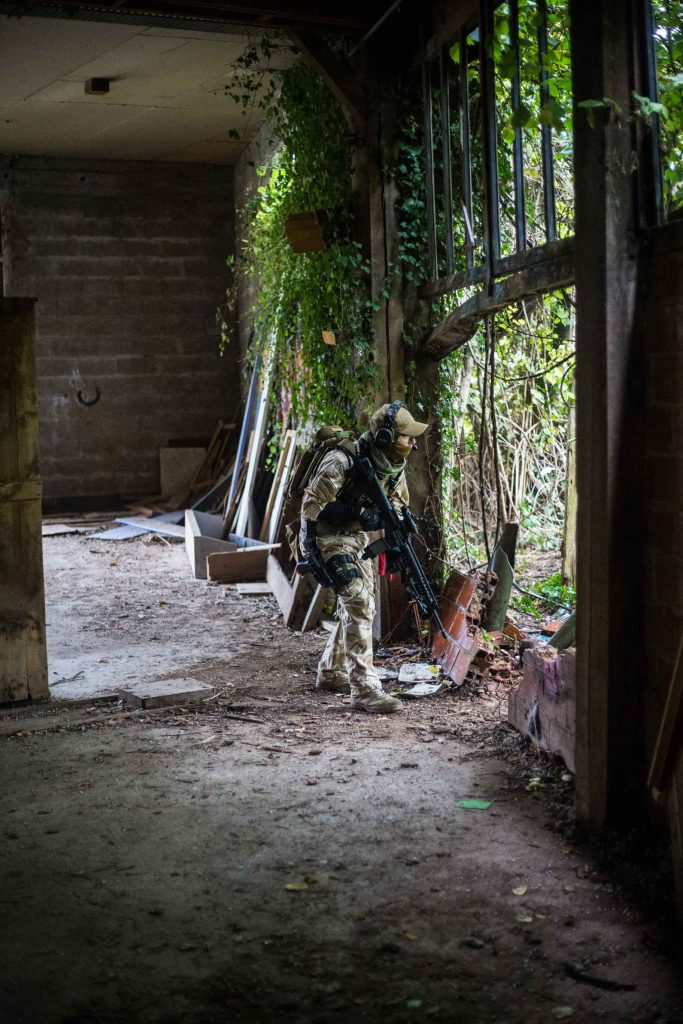
Photo by Quentin Kemmel on Unsplash
A Missed Opportunity to Use Hatred Well
In S3 E1 Stonebridge’s wife miscarries. She takes her anger out on him saying that he is happy because he never wanted the child. Stonebridge has been struggling with the decision about the child for a while. He left Section 20 to return to a desk job all so that he could be around. Her reaction is important because we have to hate her. We have to hate her otherwise we will hate Stonebridge when he rejoins Section 20.
If they had left this there it would have been great and Stonebridge could have tottered off to kill some bad guys and we would have been on his side. But no – they had to have someone kill her as well.
This is supposed to make Stonebridge go on a mad rampage now whenever he sees the perpetrator. This makes little sense. Why setup the hatred of the wife and then make us kind of upset about her death. This makes Stonebridge’s decisions from here on appear wishy-washy. He kind of just chooses the motivation that fits best for the situation he is in. Which just takes away from his character.


